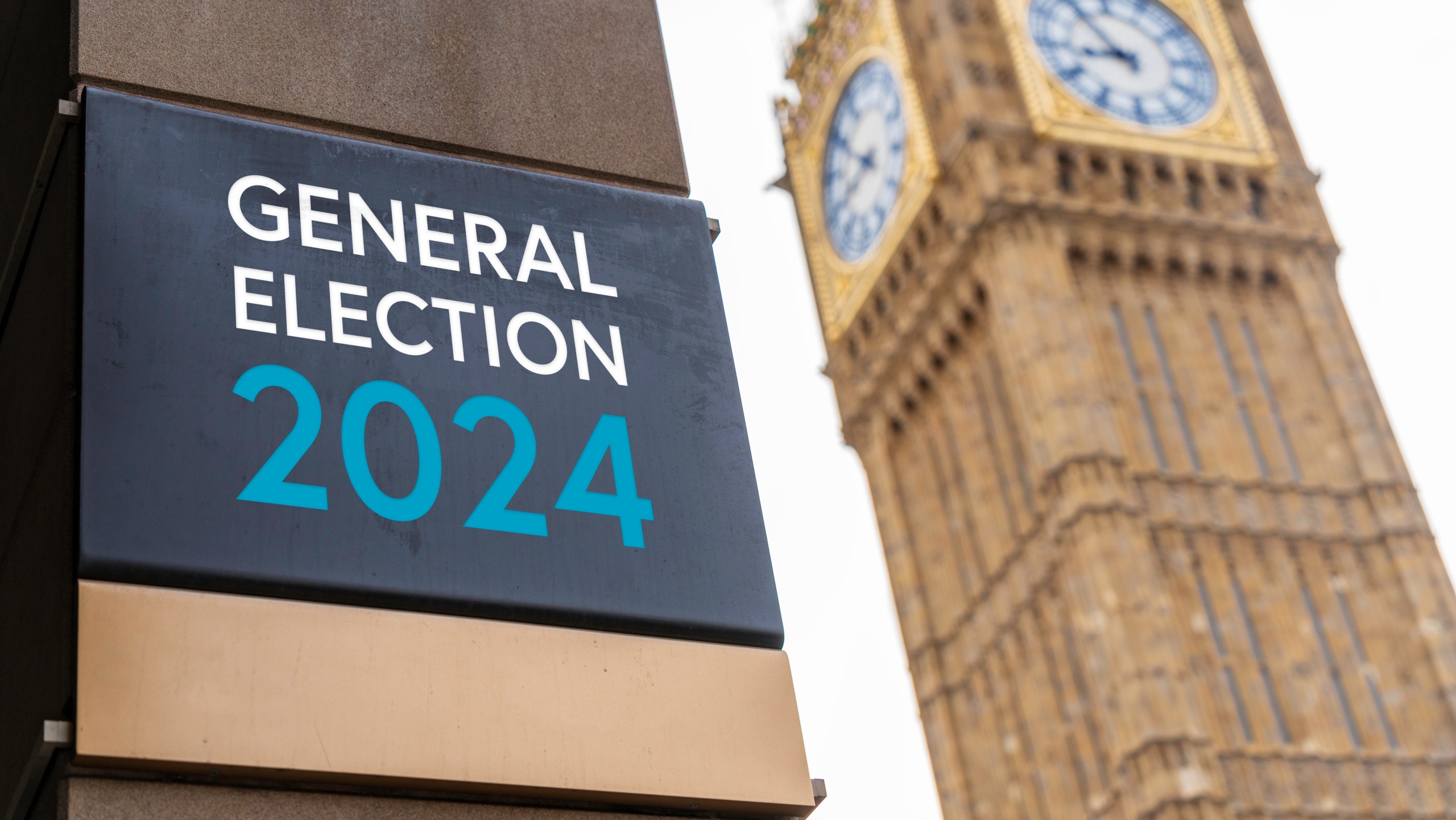
Chartered Accountants’ Hall recently hosted MPs from the three main political parties for a special event dedicated to the UK’s small business community.
The focus of the event was on how each party plans to improve the prosperity of the UK’s small and medium-sized enterprises (SMEs) ahead of the upcoming election.
The event, held on Monday, 17 June, featured three senior MPs: Conservative Minister for Enterprise, Markets, and Small Business Kevin Hollinrake, Labour Shadow Business and Trade Secretary Jonathan Reynolds, and Liberal Democrat Treasury, Business and Industrial Strategy Spokesperson Sarah Olney. They took time out of their busy campaign schedules to address an audience comprising members of ICAEW, the Federation of Small Businesses (FSB), and Enterprise Nation.
ICAEW Managing Director of Reputation and Influence, Iain Wright, welcomed approximately 160 guests to Chartered Accountants’ Hall, with another 200 joining online. The session was moderated by FSB Policy and Advocacy Chair Tina McKenzie MBE and Enterprise Nation Founder Emma Jones CBE. ICAEW President Malcolm Bacchus concluded the evening with thanks to the politicians and participants.
McKenzie emphasised that SMEs make up 99% of UK companies and employ over 16 million people, though their numbers have decreased by 500,000 since a peak of 6 million in 2020.
Opening Statements Kevin Hollinrake highlighted that regardless of future events, his primary focus would be on helping SMEs access finance. He cited “open finance” and regional mutual banks as pivotal elements in the Conservatives’ 10-point plan for business, promising they would “revolutionise the journey for SMEs” in accessing funds.
In contrast, Sarah Olney criticised the current government’s economic policies, describing them as “out-of-touch” and claiming they had “crashed the economy with reckless policies,” resulting in high bills and a record tax burden for families and businesses.
Jonathan Reynolds dismissed the idea of continued Conservative governance, stating, “At best, the past 14 years have been disappointing. At worst, they have been genuinely chaotic.”
Tax Positions Jones highlighted the significance of reducing taxes to increase funds available for SMEs and invited the MPs to discuss their tax policies.
Reynolds explained that Labour’s revenue-raising plans are allocated for specific functions, such as funding the NHS through changes to the non-dom tax regime and funding state schools via proposed VAT on private school fees. He assured, “We’ve said on income tax, national insurance, and VAT that we would not be seeking to raise them.”
Olney critiqued the volatility in corporation tax rates under recent Conservative rule, advocating for a stable 25% rate with investment allowances to provide certainty for businesses.
Hollinrake argued against taxing capital gains at the same rate as income, asserting it would be “devastating” for UK investment. He emphasised the importance of retaining various tax breaks to encourage investment.
Business Support Plans Hollinrake outlined the Conservatives’ commitment to the Help to Grow: Management and Help to Grow: Management Essentials programs, as well as regional growth hubs to support SME growth.
Olney proposed reverting to the Local Enterprise Partnerships (LEP) model as part of the Liberal Democrats’ broader industrial strategy, funded by their proposed £8.4bn Green Investment Programme. She highlighted the role of LEPs in developing region-specific skills.
Reynolds advocated for increased devolution, praising Labour’s mayors for their local business support structures and emphasising the importance of a balance between national policy and local economic leadership.
We will continue to report on the major parties’ plans regarding business and tax as the election campaigns continue. The final vote will take place on the 4th July.
All information in our articles should be considered general and not our official advice. For tailored advice regarding your own specific circumstances, please contact us directly.
Latest Articles
FCA Review Offers Insights on the Consumer Duty in the Payments SectorAvoiding Problems When Switching to New Payroll IDs or Payroll ProvidersNew Calls for a UK Investment Strategy which supports industries with world-class capabilitiesTax Reform and Modernisation: Rachel Reeves’ New Plan for HMRCAnti Money Laundering (AML) Supervision Needs Improvement: OPBAS Report Highlights Key Concerns
